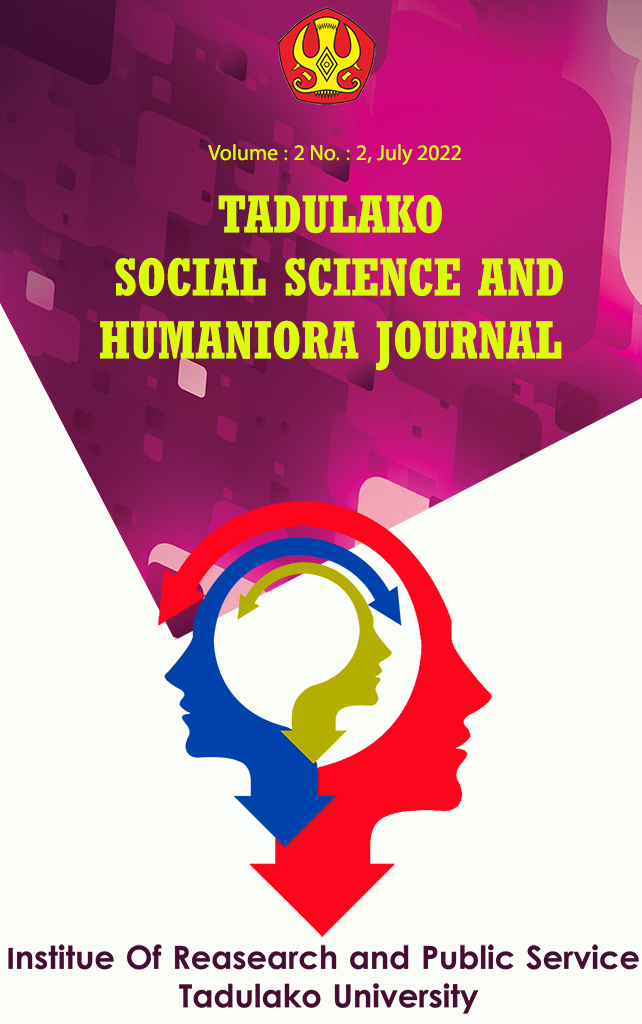Main Article Content
Abstract
The aim of this research is to determine the effectiveness of the Android-based E-Module Serli (E-module Seroid) on solar system material on the learning outcomes of class VI students at SD Inpres Bumi Sago. This research is experimental research conducted on two groups, namely the experimental group and the control group. The research design used in this research is Experimental Design with a Pre-Test and Post-Test Design control group. The population in this study was class VI students at SD Inpres Bumi Sago, totaling 46 students. The samples in this research were class VIA as the control class and class VIB as the experimental class. The instrument used in this research is a multiple-choice test whose validity has been tested. Data analysis uses descriptive analysis and statistical analysis. Descriptive analysis describes the mean, maximum score, and standard deviation. Statistical analysis is used to test hypotheses. Hypothesis testing uses the Wilcoxon Signed Ranks Test assisted by the SPSS For Windows 25 program. Based on the results of this research, show a significance value of 0.000 < 0.05, so accepting the Ha hypothesis and rejecting the Ho hypothesis, means using Android-based Serli E-Modules (E-Seroid Modules). on solar system materials is effectively used for the learning outcomes of class VI students at SD Inpres Bumi Sago. So it can be concluded that the Android-based E-Module Serli (E-Module Seroid) on students' solar system material is effectively used for the learning outcomes of class VI students at SD Inpres Bumi Sago.
